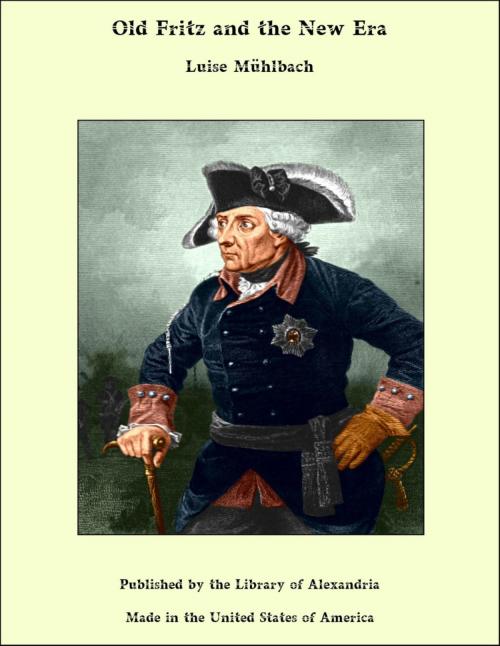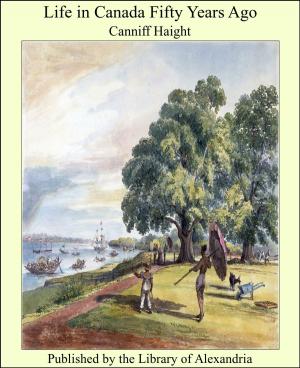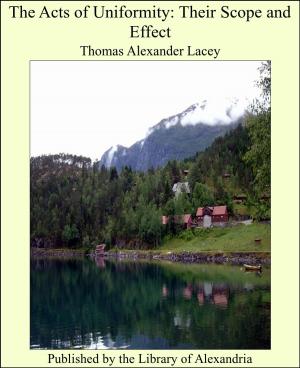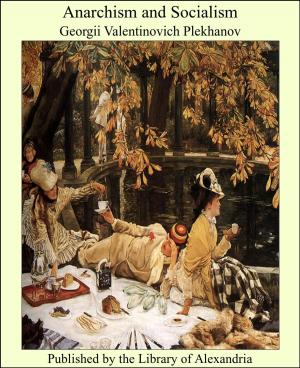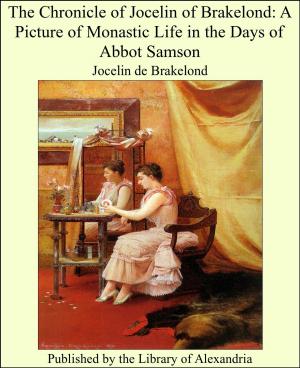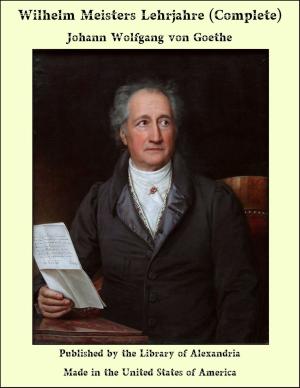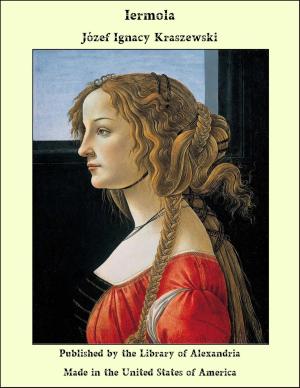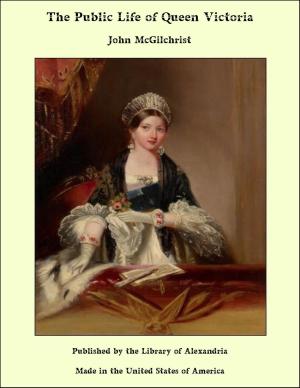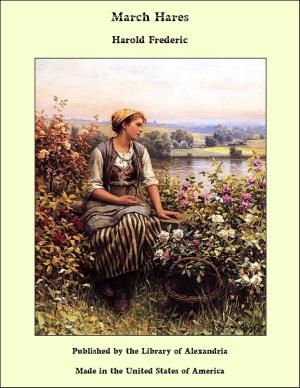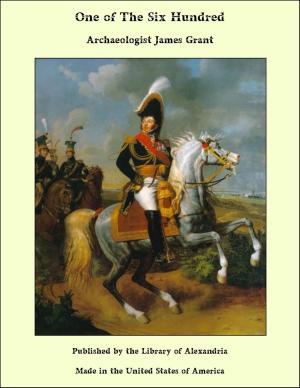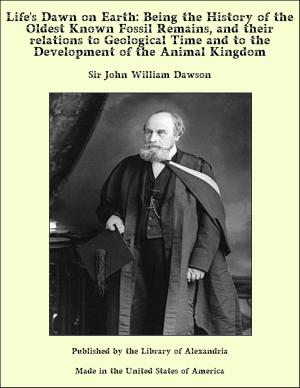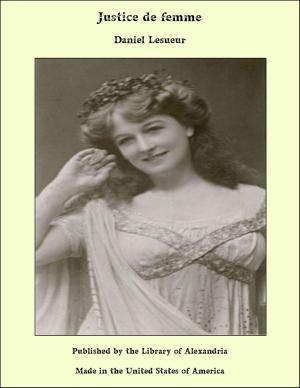Old Fritz and the New Era
Nonfiction, Religion & Spirituality, New Age, History, Fiction & Literature| Author: | Luise Mühlbach | ISBN: | 9781465539069 |
| Publisher: | Library of Alexandria | Publication: | March 8, 2015 |
| Imprint: | Language: | English |
| Author: | Luise Mühlbach |
| ISBN: | 9781465539069 |
| Publisher: | Library of Alexandria |
| Publication: | March 8, 2015 |
| Imprint: | |
| Language: | English |
I would merely say a few words in justification of the Historical Romance, in its relation to history. Any one, with no preceding profound study of history, who takes a few well-known historical facts as a foundation for an airy castle of romantic invention and fantastic adventure, may easily write an Historical Romance; for him history is only the nude manikin which he clothes and adorns according to his own taste, and to which he gives the place and position most agreeable to himself. But only the writer who is in earnest with respect to historical truth, who is not impelled by levity or conceited presumption, is justified in attempting this species of composition; thoroughly impressed with the greatness of his undertaking, he will with modest humility constantly remember that he has proposed to himself a great and sublime work which, however, it will be difficult if not impossible for him wholly and completely to accomplish. But what is this great, this sublime end, which the Historical Romance writer proposes to attain? It is this: to illustrate history, to popularize it; to bring forth from the silent studio of the scholar and to expose in the public market of life, for the common good, the great men and great deeds embalmed in history, and of which only the studious have hitherto enjoyed the monopoly. Thus, at least, have I considered the vocation I have chosen, not vainly or inconsiderately, but with a profound conviction of the greatness of my undertaking, and with a depressing consciousness that my power and acquirements may prove inadequate for the attainment of my proposed end. But I am also fully conscious of what was and still is my greatest desire: to give an agreeable and popular form to our national history, which may attract the attention and affections of our people, which may open their understandings to the tendencies of political movements, and connect the facts of history with the events of actual life. The severe historian has to do but with accomplished facts; he can only record and describe, with the strictest regard to truth, that which has outwardly occurred. He describes the battles of peoples, the struggles of nations, the great deeds of heroes, the actions of princes—in short, he gives the accomplished facts. To investigate and explain the secret motives, the hidden causes of these facts, to present them in connection with all that impelled to them, this is the task of Historical Romance
I would merely say a few words in justification of the Historical Romance, in its relation to history. Any one, with no preceding profound study of history, who takes a few well-known historical facts as a foundation for an airy castle of romantic invention and fantastic adventure, may easily write an Historical Romance; for him history is only the nude manikin which he clothes and adorns according to his own taste, and to which he gives the place and position most agreeable to himself. But only the writer who is in earnest with respect to historical truth, who is not impelled by levity or conceited presumption, is justified in attempting this species of composition; thoroughly impressed with the greatness of his undertaking, he will with modest humility constantly remember that he has proposed to himself a great and sublime work which, however, it will be difficult if not impossible for him wholly and completely to accomplish. But what is this great, this sublime end, which the Historical Romance writer proposes to attain? It is this: to illustrate history, to popularize it; to bring forth from the silent studio of the scholar and to expose in the public market of life, for the common good, the great men and great deeds embalmed in history, and of which only the studious have hitherto enjoyed the monopoly. Thus, at least, have I considered the vocation I have chosen, not vainly or inconsiderately, but with a profound conviction of the greatness of my undertaking, and with a depressing consciousness that my power and acquirements may prove inadequate for the attainment of my proposed end. But I am also fully conscious of what was and still is my greatest desire: to give an agreeable and popular form to our national history, which may attract the attention and affections of our people, which may open their understandings to the tendencies of political movements, and connect the facts of history with the events of actual life. The severe historian has to do but with accomplished facts; he can only record and describe, with the strictest regard to truth, that which has outwardly occurred. He describes the battles of peoples, the struggles of nations, the great deeds of heroes, the actions of princes—in short, he gives the accomplished facts. To investigate and explain the secret motives, the hidden causes of these facts, to present them in connection with all that impelled to them, this is the task of Historical Romance
